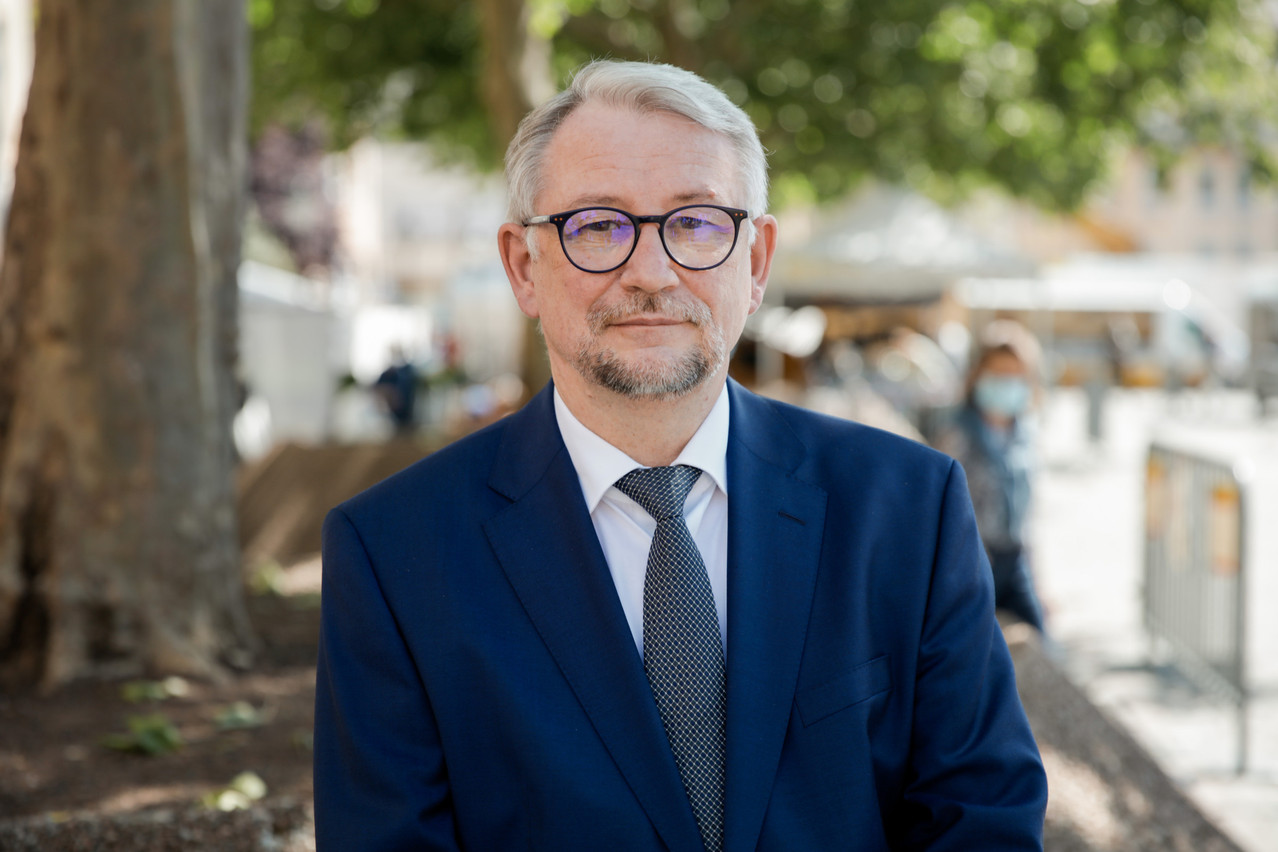Jeremy Zabatta: Horesca is celebrating its 50th anniversary. What do you think of the work done by your federation?
: To be completely accurate, I must say that we are going to celebrate our 52nd anniversary. But we are talking about the 50th anniversary, because it was postponed for two years because of the health crisis. For half a century, the Horesca federation has experienced a lot and has matured into an important economic player in the country. For a long time we were considered second class. But the federation has worked to bring the sector, its trades and the people who work in it to a level never before achieved. We are now valued by the population, valued by the government, and we represent about 6% of the country's GDP.
Over the years, what has been the role of Horesca in Luxembourg?
We have managed to lighten the regulatory framework despite the new laws that have made our business more complex. I can take several examples. In the 1970s, beer and wine prices were fixed by law and we succeeded in obtaining the liberalisation of prices on drinks. We also worked hard on the regulation of smoking bans in cafés and restaurants. We knew that under European pressure this ban was inevitable, despite the negative effects on the cafeteria world.
But Horesca managed to work with the government to keep smoking on the terraces in order to keep some kind of balance, likewise regarding the tolerated blood alcohol level while driving at 0.5%. So it is still possible to have a drink and drive home without any problem. We can also point out the special working regime in the horeca or the special aid scheme we have joined. More recently, during the health crisis, we worked with the government to develop covid-19 aid for businesses in the sector. We set up the recovery aid and the aid for uncovered costs. We can say that the hotel and catering industry was the sector that received the most aid.
We are now valued by the population, valued by the government, and we represent about 6% of the country's GDP.
At the moment, can we say that the labour shortage is the biggest problem in the sector?
I think it is also a phenomenon linked to today's society, although the labour problem has always existed. If you look back, there was a shortage of skilled labour in kitchens. Now there is a general shortage of both skilled and unskilled labour in the whole sector.
What can we wish for the next 50 years?
What we should hope for is that we don't have another crisis like covid, which was the worst moment of our existence. We should also hope for a peaceful situation in Europe and that we can continue to work and train young people so that they can enter the hotel and catering industry and thrive in it. I also hope that Europe will refocus on work and that manual work will be given as much credit as intellectual work. Finally, I hope that our customers will still have a good time in our establishments after a good day's work.
This story was first published in French on . It has been translated and edited for Delano.

